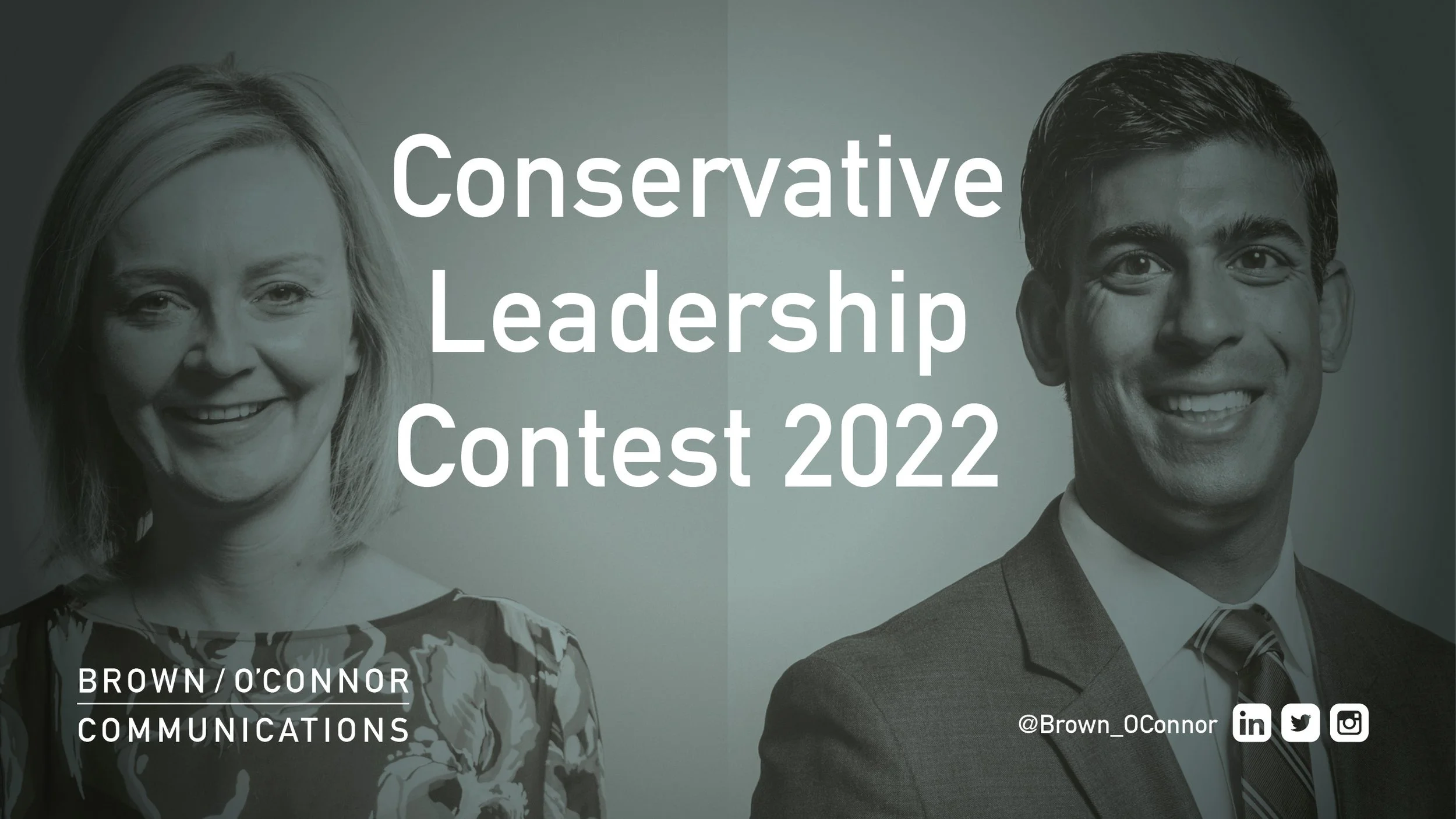The Fellows are joined by the Chair of the Fellowship Advisory Programme, John Healy, Managing Director of Allstate Northern Ireland and Professor of Leadership at Ulster University and Vice Chair of the Fellowship Advisory Programme, Professor Karise Hutchinson.
Twenty-five leaders from politics, the business community and civic society here, have been selected for the Centre for Democracy and Peace Building’s 2022 Fellowship programme.
The Fellows, unveiled today at an event at Parliament Buildings, Stormont, will engage with leading policymakers, academics, business leaders and public figures on social, political and economic issues and seek to develop their understanding of how to tackle those issues in Northern Ireland.
The Fellowship is backed by the leadership of some of the highest profile businesses operating in Northern Ireland including Allstate NI, FinTrU, Devenish, Fujitsu NI and Ulster Carpets. The programme is also supported by leading academic institutions and the Department of Foreign Affairs and Trade and the Irish-American Partnership.
Speakers at the announcement of the new Fellows included Head of the NI Civil Service, Jayne Brady, as well as Chair of the Fellowship Advisory Programme, John Healy from Allstate Northern Ireland, and representatives from all five main parties.
Now in its second year, the six-month programme will see the Fellows undertake workshops and training in Belfast, Dublin and Oxford.
John Healy, Vice President at Allstate NI and Chair of the Fellowship Advisory Board, said:
“This is an incredible group of talented participants selected for this year’s Fellowship programme. As we begin the second cycle of this programme, - and the first without the political institutions in place - it is critical that these Fellows are well-equipped to provide leadership skills to tackle and navigate us out of the significant number of problems we are facing here in Northern Ireland.”
“The chosen 25 candidates will be joined by a group of business, political and civic society leaders throughout the next 6 months, who will assist with the formation of the strategic leadership tools and techniques required to overcome the obvious hurdles in front of us. We need to invest in our potential game changers right now and this Fellowship is a purposeful way of making that happen.”
“I would like to thank the significant contribution that the advisory board of the Fellowship has made shaping this programme into the success it is already. Their time, effort and commitment should act as a guiding light to the past, present and future participants.”
Karise Hutchinson, Professor of Leadership at Ulster University and Vice-Chair of the Fellowship Advisory Board, said:
“Given our troubled past in Northern Ireland, and the current political paralysis, we often neglect to be ambitious for the future. The Fellowship programme seeks to continue the conversation about what good leadership is, one that explores the possibilities of what a forward thinking society looks like.”
“As we move towards the 25th Anniversary of the Good Friday Agreement, this is a prime opportunity for renewal and to help develop those ambitious young leaders that will be taking on these challenges. I am proud to be supporting the launch of this year’s fantastic programme alongside my colleagues on the Advisory Board.”
The 25 participants of the 2022 CDPB Fellowship programme include:
Alfred Abolarin, Strategic Partnerships Manager, Housing Executive
Caoimhe Archibald MLA
Charmain Jones, Women Spaces Co-Ordinator, Northern Ireland Rural Women's Network
Conleth Burns, Senior Associate, More in Common
Diane Forsythe MLA
Doire Finn, Constituency Manager
Don McCann, Strategy Manager, Invest NI
Eoin Bradley, Political Strategy Advisor
Gina Savage, Vice Principal, St Patrick's Grammar School, Downpatrick
Cllr Hannah Irwin
Jamie Warnock, Head of Policy and Engagement, Law Society of Northern Ireland
Jonathan McAdams, NI Civil Service
Joy Ferguson, Economist
Karen Smyth, Head of Policy and Governance, NI Local Government Association
Michael McConville, Engineering Manager, NantHealth
Nuala Murphy, Director, Diversity Mark
Nuala Toman, Head of Policy and Communications, Disability Action
Padraig Delargy MLA
Patricia O'Lynn MLA
Phillip Brett MLA
Cllr Ryan McCready
Stephanie O'Rourke, Deputy Director, Springboard Opportunities
Cllr Stephen Donnelly
Cllr Ben Mallon
Tara Grace Connolly, Media Researcher











